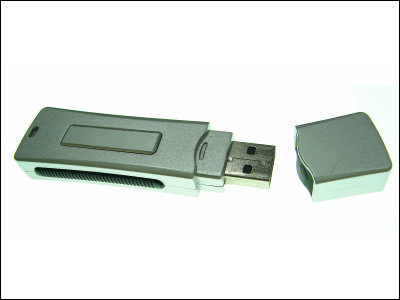The next-generation memory storage standard "UFS 3.0" realizes twice the data transfer compared with the conventional, smartphone faster

JEDEC, which standardizes standards for semiconductor technology, is developing next generation memory storage standard "UFS 3.0We announced. With the advent of UFS 3.0, it is expected that the data access speed of the smartphone will be doubled.
JEDEC Publishes Universal Flash Storage (UFS & UFSHCI) Version 3.0 and UFS Card Extension Version 1.1 | JEDEC
https://www.jedec.org/news/pressreleases/jedec-publishes-universal-flash-storage-ufs-ufshci-version-30-and-ufs-card
"UFS" is an interface designed to run applications requiring power saving performance, such as mobile terminals such as smart phones and tablets, and in-vehicle systems. With high-speed serial interface and protocol, throughput and system performance can be improved, storage is switching from eMMC to UFS centering on high-performance smartphones such as the latest Android terminal.
Until now UFS 2.1 has been formulated, JEDEC announced "UFS 3.0" on January 30, 2018. In UFS 3.0, the following changes have been made.
· By introducing the M-PHY HS-Gear 4, the data transfer speed per lane is 11.6 Gbps at maximum and the performance is doubled compared with M-PHY HS-Gear 3
· With support of 2 lanes, the maximum data transfer speed is 23.2 Gbps
· Supporting MIPI M-PHY v4.1 and QoS realizes reliable link communication by monitoring and training communication channels
· Low power consumption with 2.5 V Vcc power supply, support for latest NAND technology
· Supports a wide temperature range of "-40 degrees to 105 degrees" for the automobile market, adds a host control mechanism to improve data reliability
The theoretical value of the data transfer speed of UFS 3.0 is doubled from UFS 2.1 to 2.9 GB / s, which is doubled, and contents requiring high storage performance such as 4 K · 60 fps, 8 K (7680 × 4320) movies and VR headset It seems to be able to handle with mobile terminals.

Related Posts:







